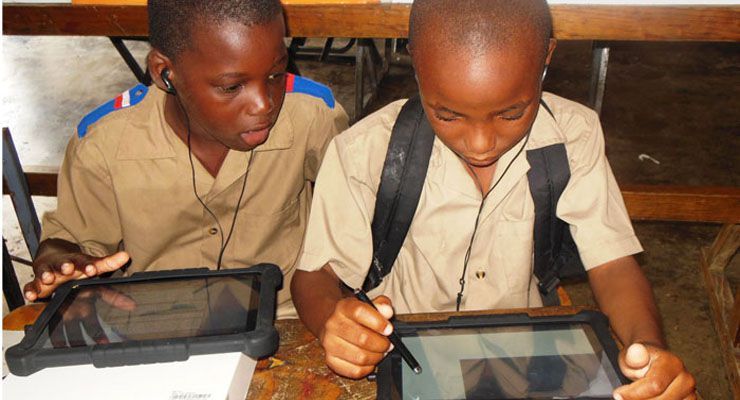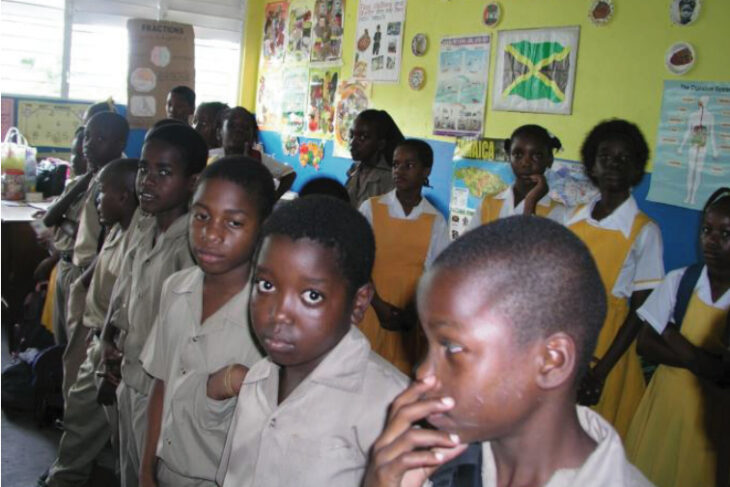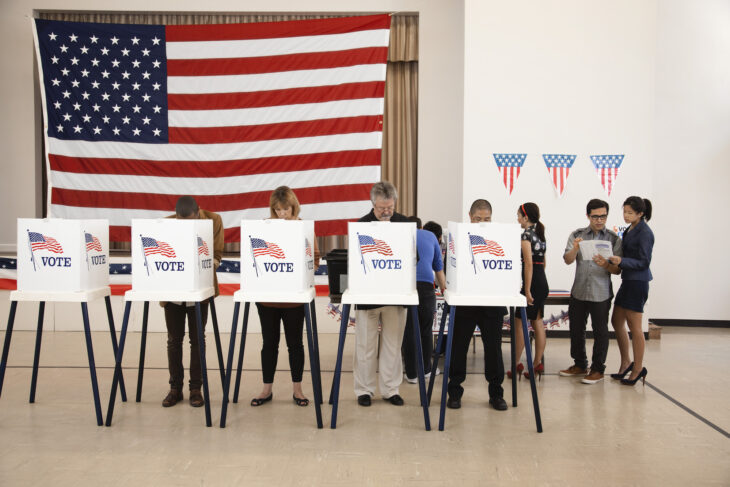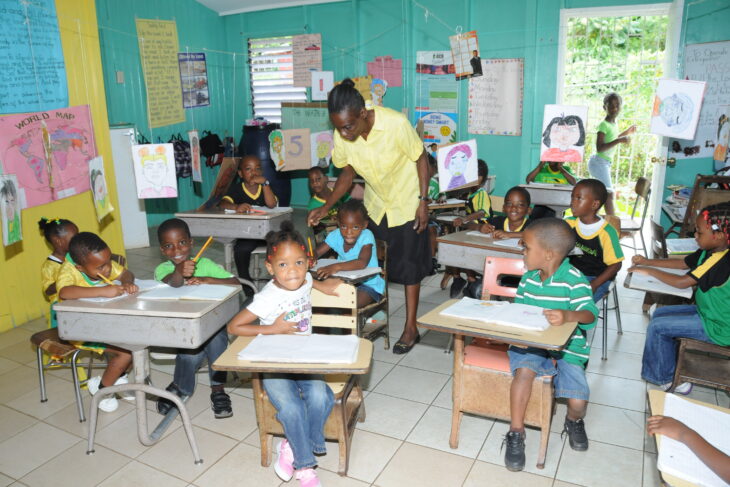
My previous article dealt with my suggestion that in other nations there were long periods of interruption in education due to the major fallout of two World Wars in the 20th century, and more localized wars in Korea, Vietnam, and Cambodia. In addition, there were civil wars in Yugoslavia; China; Africa; and South America. Many have made some progress in returning to some normality using differing programmes of educational delivery, and others have not.
I have no doubt that a careful study could determine what worked in those strategies, and what did not, and within a variable educational, social, and cultural context. This could be a meaningful multi-disciplinary collaborative research project for The University of the West Indies even as it struggles to remain relevant, and commercially viable in these difficult times.
Teaching and learning have proven difficult in the novel coronavirus pandemic, and have not necessarily been solely due to factors of affordability, as even the wealthy have been among those unable to control the home environment and child supervision in the current situation. Shopping trips to Miami; weekends on the boat; a week in a hotel on the North Coast; birthday parties; big weddings; public transportation; nine nights; set-ups; and funerals, reach across the society to different extents.
It is therefore obvious that cooking, cleaning, and general housekeeping are chores not always done in the home by the primary occupants, and sometimes caregivers who are non-residential run the risk of bringing in the virus to grandma, grandpa and the children, through the breaking of a potentially safe bubble.
So with these factors affecting ALL Jamaicans let us agree that the succeeding political leaders have widened the access to the quantitative schooling system, but have failed in the qualitative. We have been slow in reacting to the changes in the ever shrinking world in which we are a small speck on the learning highway, especially on the inventions that compound their earnings through intellectual property rights.
If we were to place ourselves on the scales described by the Bloom’s Taxonomy then we are not in the original thinking, implementation, and effective problem-solving areas. So we find ourselves left out of a new world that values IP; AI; and digital solutions more than buildings and machinery. We are not in a good place and we have no time for complacency.
It is time for a radical review and a closure of all methodologies that will not or cannot be adapted to the future. In fact, we may have to skip many gradual processes that do not have the potential for rapid advancement, or we may be detaining our students’ progress in the new world order. If we allow this to happen we will certainly return to the levels of operating where we hold the blade and others hold the handle (as in slavery and low level jobs). The struggle of Marcus Garvey; and the events of 1938 will have been in vain if we fail to act decisively.
I am therefore recommending that we pivot and take a brand new strategy to radically bring education to the 21st century and beyond. However, as this is likely to be controversial, I implore those who can stimulate action through analytical conversations to help speed that dialogue that will assist the change process.
I would recommend a reverse action by returning to boarding schools. This simply means that first-class residential schools could be built for the severely disadvantaged young people, as opposed to those for the gentry of past years. Model schools such as Westwood; Hampton; Munro; DeCartaret; York Castle; all in spacious rural settings could be prime examples, and their methodology could be adapted for the exigencies of transformation in the new schools.
In the past, the output of these institutions has been exemplary, and Jamaica has benefited from the bright, well-balanced, and fine citizens that they have produced. The challenge is to be sufficiently geared towards the modern world while not losing the fine pedigree of their graduates.
It is obvious, based on the reversal of the catchment demographics, that a considerable portion of the early curriculum should be in the basic areas of literature (reading); expression (written and verbal); mathematics; and analytical skills. This may seem to be a regression but it follows a type of model of a slightly re-stated Blooms’ Taxonomy, and fulfils the delineation of a path towards much higher learning.
This sounds very simple but it is subject to abuse if not carefully managed. Boarding schools of yesteryear were often hotbeds for sexual misconduct, abuse of young people, and the illegal use of some banned substances. In this time when international pressures have been placed on Jamaica from lobby groups and the acceptance of certain practices, then there is a need to evaluate these in a realistic way as the purpose of these schools will have many vulnerable young people in a different environment to their socially and economically challenged home situations.
The abuse of young people will be a factor that requires extreme surveillance. We have seen examples of a variety of inappropriate behaviour coming from teachers; social workers; pastors and priests; community members; and family members. Therefore one priority must be to provide a safe place for young people to learn and grow despite the disadvantages of their previous circumstances. Solving this could point in a direction to improve places of safety, and prisons in the future.
In order to circumvent problems there will have to be a careful design of the selection criteria of teachers and other staff. These would include the usual qualifications (academic); psychometric evaluation; and ongoing evaluation during their employment/contract. I would recommend that no person below the former level of Master Teacher be employed, and class sizes be no more than 15-20 students.
I would provide residential accommodation of a high quality as part of an incentive package. I would use a salary scale of a high level with performance criteria that would offer an opportunity for attracting the levels of staff determined to be necessary for transformation. These should be so high that it would discourage opposition from trade unions by a clear delineation of what constitutes performance excellence and which will have to conform in the “new education”.
It is essential that sporting facilities be excellent and adequately maintained, and important that heathy internal and external competitions are required as a part of the curriculum. Additional emphasis should be utilized to encourage cooperation and leadership. These are elements that will highlight the new opportunities that will grow entrepreneurs, competent and productive individuals, and responsible citizens.
Finally, where will the money come from? Well, the Government owns the land; the National Housing Trust is regularly raided but can lend for some new housing for the long term; and the Bank of Jamaica is paying dividends; so where is the major problem for funding a really comprehensive pilot project? I am supportive of a well thought out experiment because that is how really great things are invented.
What are your thoughts?




I like the concept of the boarding schools.
Marketing could be a problems, but all problems can be solved.